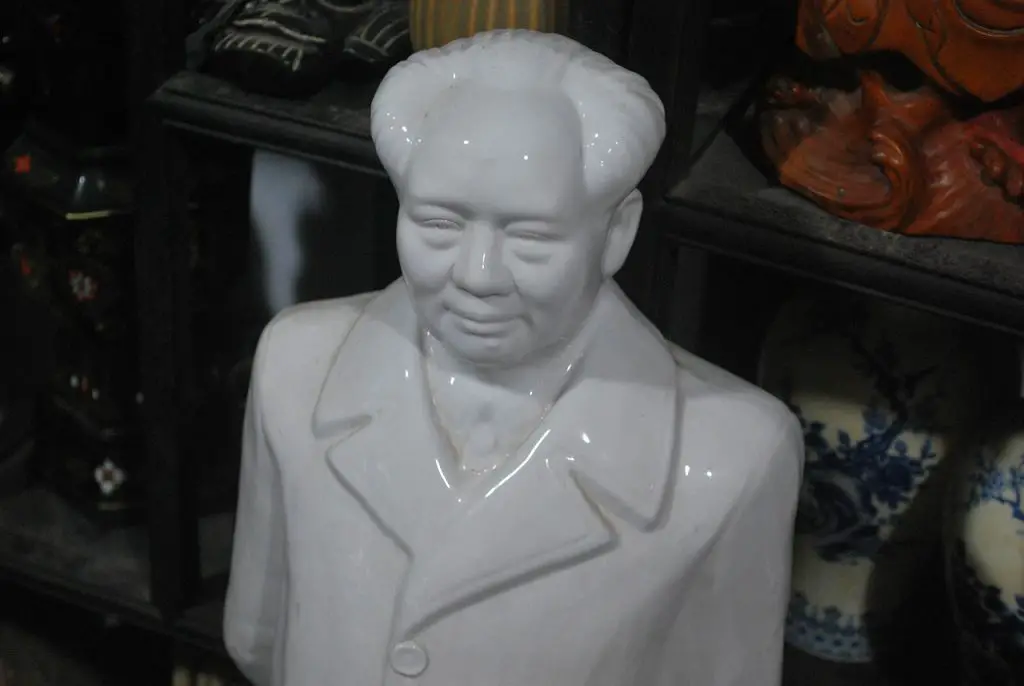In 1958, Mao Zedong, the leader of China, made a fateful decision to eradicate sparrows, believing they were pests harming crops. This decision had devastating consequences. Without realizing that sparrows also ate insects that harmed crops, Zedong ordered a mass killing of sparrows during the Great Sparrow Campaign, aiming to protect agricultural fields. However, this backfired when insect populations, like locusts, exploded without sparrows to control them.
By 1960, the result was catastrophic: massive crop losses and a famine that claimed the lives of as many as 45 million people. This event, part of Mao’s broader policies, highlights the importance of understanding ecosystems and the unintended consequences of drastic environmental interventions.

At the same time, false reports of huge grain harvests were spread to showcase the success of communal farming. These exaggerated claims were used to justify taking more grain for cities and setting up communal dining halls offering free meals. In truth, grain harvests drastically declined, leading to famine in one-third of China’s provinces by the spring of 1959.
On the other hand, people faced severe food shortages, leading to widespread starvation. Official reports from the Chinese government cite 15 million deaths, but some scholars believe the actual number could be much higher, ranging from 45 to 78 million. Journalist Yang Jisheng, in his book “Tombstone,” estimates around 36 million deaths.
Mao eventually ended the sparrow campaign, but the damage was done. A series of factors, including deforestation, misuse of pesticides, and misguided agricultural policies, compounded by unfavorable weather, contributed to a devastating famine.
China has downplayed the causes and consequences of the famine, officially referring to it as the “Three Years of Difficult Period” or “Three Years of Natural Disasters.”
Avid Writer with invaluable knowledge of Humanity!
Upcoming historian with over 30 million views online.
“You make your own life.”





